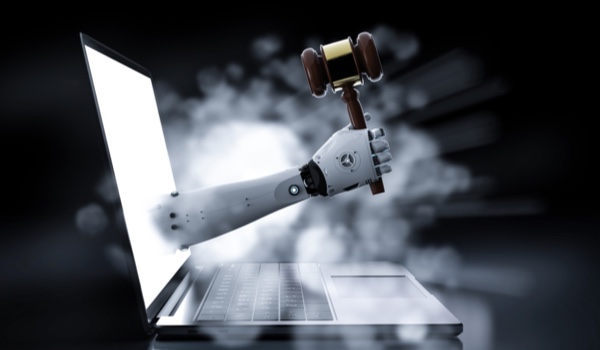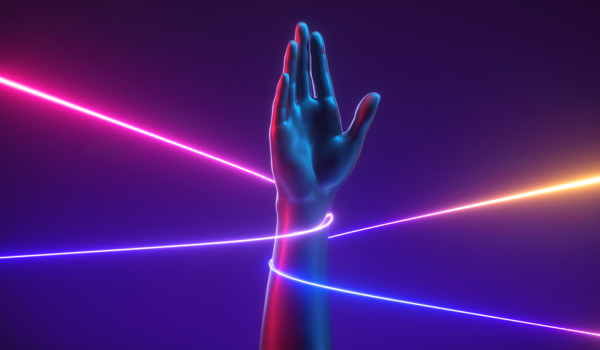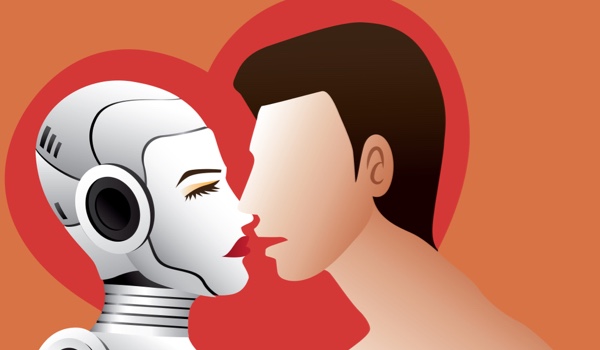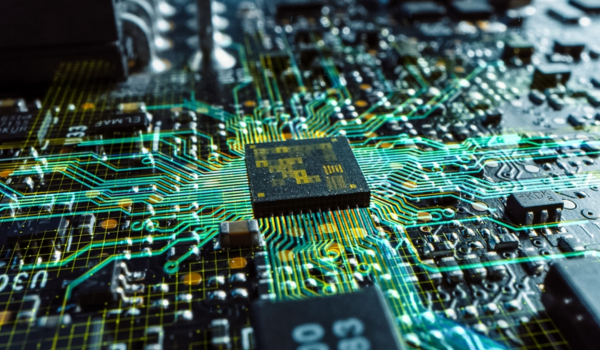


ROME - At an information technology conference in late 2017, Sophia, an artificial intelligence (AI) humanoid robot built by Hanson Robotics, was granted citizenship by Saudi Arabia, becoming the first ‘non-human’ to have a nationality. Furthermore, Sophia was appointed the UN’s first non-human ‘innovation champion.’ Sophia’s citizenship status, along with the rapid development of advanced and human-like AI machines, has brought to the fore an even more pressing issue, which is the question of whether robots should be given human rights.
Can self-learning robots be granted ‘personhood’? Does this then mean that robots could hold rights and obligations, be insured individually, and even be held liable for damages?
According to some researchers, the so-called ‘electronic persons’ that more often appear in the shape of humanoid robots will potentially surpass human intelligence by 2050, possessing not only the same capabilities and emotional intelligence as humans but also making humans obsolete. In effect, there are some scenarios in which robots can appear to be more advanced and ‘smarter’ than humans, such as detecting diseases with much higher accuracy or performing certain tasks more quickly and efficiently than humans.
Although there is no doubt that robots still lack the dexterity, intelligence, and empathy typical of humans, scientists and engineers have predicted that very soon robots will be able to match humans when it comes to meaningful qualities such as creativity, intelligence, awareness and emotions, areas that today make robots less useful than humans. In effect, humans’ emotional intelligence and ability to feel and empathize with other people is what sets humans apart from other sentient beings like animals. Therefore, if another species can match humans’ abilities, then shouldn’t that species also be able to claim the same rights, freedoms, and protections that humans have?
Today, machines ha
The content herein is subject to copyright by The Yuan. All rights reserved. The content of the services is owned or licensed to The Yuan. Such content from The Yuan may be shared and reprinted but must clearly identify The Yuan as its original source. Content from a third-party copyright holder identified in the copyright notice contained in such third party’s content appearing in The Yuan must likewise be clearly labeled as such. Continue with Linkedin
Continue with Linkedin
 Continue with Google
Continue with Google










 1165 views
1165 views







